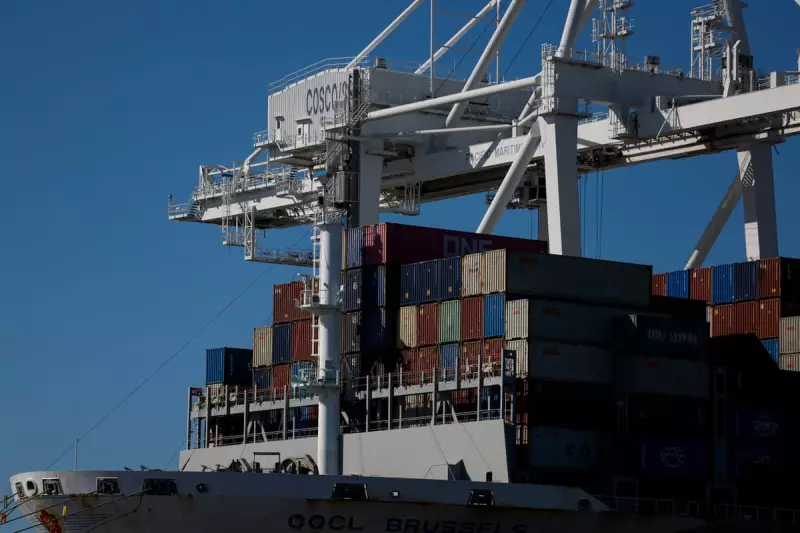
The Trump administration has dramatically escalated its technological confrontation with China, implementing stringent new controls on American software exports that could reshape the global tech landscape.
Strategic Strike Against China's Tech Ambitions
In a decisive move announced on Tuesday, US officials revealed comprehensive restrictions targeting advanced software technologies, particularly in artificial intelligence and high-performance computing. The measures represent the most significant technology export controls imposed by the current administration.
The new regulations specifically aim to prevent Chinese companies and research institutions from accessing cutting-edge US software capabilities that could enhance military applications or provide competitive advantages in critical technological sectors.
What's Being Restricted?
- Advanced AI development software and algorithms
- High-performance computing applications
- Specialised industrial design and simulation tools
- Certain cybersecurity and encryption technologies
Economic and Strategic Implications
Industry analysts suggest these restrictions could have far-reaching consequences for both nations' tech sectors. "This represents a fundamental shift in how the US views technology as a strategic asset," noted Dr. Evelyn Reed, a technology policy expert at the Global Innovation Institute.
American software companies with significant Chinese market exposure may face substantial revenue impacts, while Chinese tech firms could experience development delays in next-generation technologies.
The Administration's Rationale
Officials defended the measures as necessary for national security, citing concerns about:
- Potential military applications of advanced software
- Intellectual property protection
- Maintaining US technological leadership
- Addressing unfair trade practices
Industry Reaction and Market Response
Early reactions from the tech industry have been mixed, with some companies expressing support for national security concerns while others worry about the long-term impact on global innovation and market access.
Financial markets reacted cautiously, with technology stocks showing volatility as investors assessed the potential impact on corporate earnings and global supply chains.
The restrictions come amid ongoing trade tensions between the world's two largest economies and signal a hardening US position on technology transfer and intellectual property protection.
Looking Ahead
These software export controls are expected to prompt significant responses from Beijing and could accelerate China's efforts to develop domestic alternatives to US technology. The move also raises questions about the future of global tech collaboration and the potential fragmentation of technological standards.
As the situation develops, businesses operating in both markets are advised to conduct comprehensive reviews of their technology transfer practices and supply chain dependencies.





